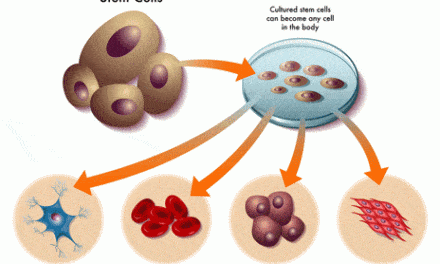Researchers from the University of Edinburgh note that newly discovered muscle-specific proteins may help aid in the understanding of muscular dystrophy and other inherited diseases.
These proteins are found in a membrane that surrounds the DNA in each one of the body’s cells, according to a recent study published in Molecular Cell.
In their study, the scientists used gene analysis technologies and microscopes to determine how these proteins are able to change the physical position of important genes during muscle development. They discovered that this relocating can regulate the genes’ ability to form muscle, per a media release from University of Edinburgh.
When researchers blocked the proteins from functioning, muscle could not be formed, demonstrating the extent of the proteins’ direct control.
The researchers say the newly found level of gene control is likely to apply to all tissues. It is expected to have implications for other tissue-specific nuclear membrane conditions, such as fat, skin, bone and brain diseases, cardiomyopathy and an ageing disease known as progeria, the release continues.
[Source(s): University of Edinburgh, Science Daily]





